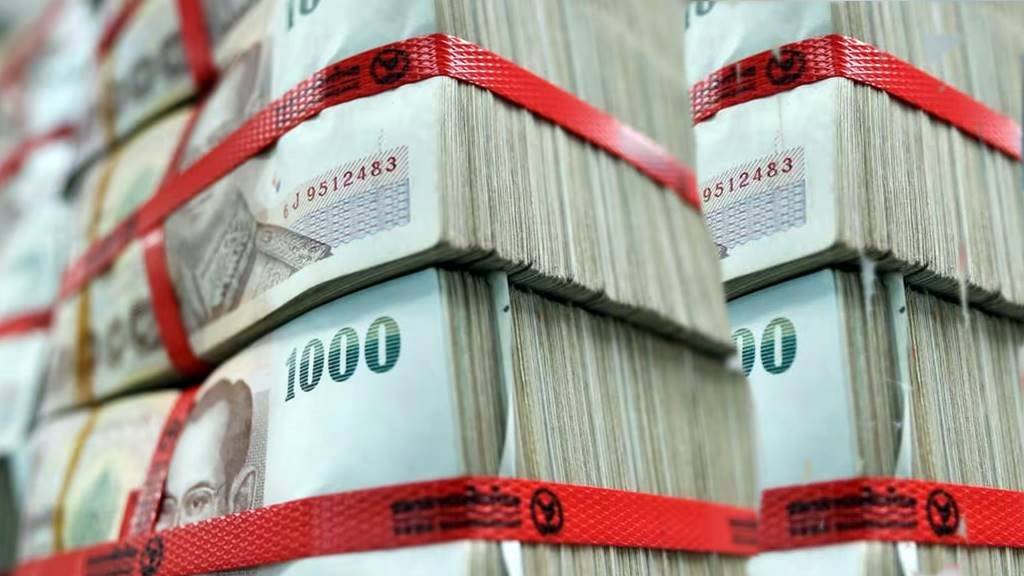National Credit Bureau warns of 610 billion baht in potential bad housing loans, urges government intervention to prevent defaults.
Key Takeaways
- The National Credit Bureau warns of a potential 610 billion baht in housing loans turning into bad debts, mainly affecting low and middle-income earners.
- Thailand’s household debt, standing at 16.2 trillion baht, poses a significant risk to the economy, with one trillion baht in non-performing loans.
- The automobile industry is experiencing a 12.46% drop in car sales due to increasing household debt and stricter loan criteria by commercial banks, leading to a 50% rejection rate for car loan applications.
Surapol Opasatien, CEO of the National Credit Bureau, expressed concern that many mortgage borrowers, who are mostly low and middle-income earners, have purchased houses for 3 million baht or less. These borrowers are now late by 1-2 repayments, which raises the risk that their mortgages may become non-performing loans (NPLs).
Without urgent government assistance in the form of debt refinancing, these loans could have a significant impact on the Thai economy in the long run. The National Credit Bureau reports that Thailand’s household debt stood at 16.2 trillion baht by the end of last year, accounting for 91% of GDP, which is considered a significant risk.
Of this total debt, approximately one trillion baht is classified as NPLs. This includes 180 billion baht in housing loans, 230 billion baht in vehicle loans, 260 billion baht in personal loans, and the remainder in credit card loans.
The situation is further exacerbated by challenges faced by other industries. For instance, car sales for January this year dropped by 12.46% compared to the same period last year due to increasing household debt and stricter loan extension criteria by commercial banks. Rejection rates for car loan applications have risen to 50%.
National Credit Bureau Raises Alarm
The National Credit Bureau has expressed concern over the potential of 610 billion baht in housing loans turning into bad debts. Urging the government to intervene swiftly, the bureau warns that many mortgage borrowers, predominantly low and middle-income earners, are falling behind on repayments.
Urgent Government Assistance Needed
CEO Surapol Opasatien highlighted signs indicating that a significant portion of mortgages, particularly those for houses valued at 3 million baht or less, could become non-performing loans. Unless debtors receive prompt assistance, such as debt refinancing, the loans may significantly impact Thailand’s economy in the future.
Household Debt Risks on the Rise
According to the National Credit Bureau, Thailand’s household debt reached 16.2 trillion baht in the previous year, equivalent to 91% of GDP. Of concern is the one trillion baht classified as non-performing loans, including 180 billion baht in housing loans. The automobile industry has also been affected, with car sales declining due to rising household debt and stricter loan criteria from commercial banks.




